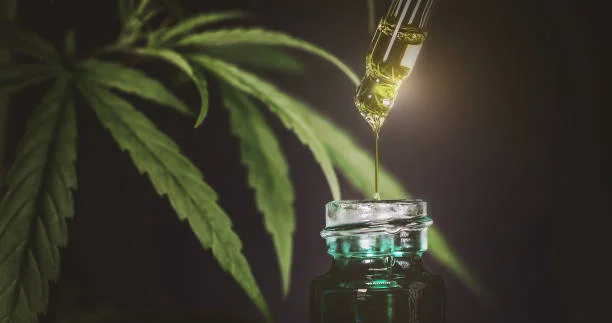
Terpenes are aromatic compounds found in many plants, but they are most commonly associated with hemp and cannabis. These compounds contribute to the distinctive flavors and scents of various strains and have potential therapeutic benefits. However, there is often confusion surrounding Hemp vs. Cannabis Terpenes. This guide will clarify their differences, benefits, and applications.
What Are Terpenes?
Terpenes are natural compounds that provide aroma and flavor to plants. In cannabis and hemp, terpenes play a significant role in influencing the overall experience by interacting with cannabinoids to create the entourage effect. Some common terpenes found in both plants include myrcene, limonene, and pinene.
Differences Between Hemp-Derived and Cannabis-Derived Terpenes

Source of Terpenes
- Hemp-Derived Terpenes: Extracted from hemp plants, which contain less than 0.3% THC, making them federally legal in many regions.
- Cannabis-Derived Terpenes: Sourced from cannabis plants, which may contain higher levels of THC, resulting in legal restrictions depending on location.
Composition and Potency
Hemp and cannabis plants share many of the same terpenes, but their concentration and interaction with cannabinoids can differ:
- Hemp-derived terpenes may have lower potency due to regulatory restrictions on THC content.
- Cannabis-derived terpenes are often richer in complexity due to the entourage effect, which enhances the plant’s overall effects.
Legal Considerations
Hemp-derived terpenes are widely legal across the U.S. and many other countries due to their low THC content. Cannabis-derived terpenes, however, are subject to varying regulations depending on local cannabis laws.
Extraction Methods
Both hemp and cannabis terpenes are typically extracted using methods such as:
- Steam distillation
- CO2 extraction
- Solvent-based extraction
Benefits of Terpenes

Regardless of the source, terpenes provide several potential benefits, including:
- Aromatherapy: Terpenes like linalool and limonene are known for their calming and uplifting effects.
- Therapeutic Potential: Some terpenes have anti-inflammatory, antimicrobial, and mood-enhancing properties.
- Flavor Enhancement: They contribute to the taste and aroma of hemp and cannabis products.
Applications of Hemp and Cannabis Terpenes
Terpenes are used in various industries, including:
- CBD and THC Products: Added to oils, tinctures, and edibles for enhanced effects.
- Cosmetics: Infused in skincare and haircare products for natural scent and potential benefits.
- Aromatherapy: Used in diffusers and candles to create calming environments.
How to Choose the Right Terpenes
When selecting terpenes, consider the following factors:
- Intended Use: Whether for relaxation, focus, or therapeutic benefits.
- Legality: Ensure compliance with local laws regarding hemp and cannabis products.
- Quality: Opt for lab-tested terpenes to ensure purity and safety.
FAQs
Are hemp-derived terpenes the same as cannabis-derived terpenes?
While they contain many of the same compounds, cannabis-derived terpenes may offer a more robust profile due to the plant’s broader range of cannabinoids.
Do terpenes have psychoactive effects?
No, terpenes themselves do not cause intoxication, but they can influence the effects of cannabinoids such as THC and CBD.
Can hemp terpenes be used in THC products?
Yes, hemp-derived terpenes are often added to THC products to enhance flavor and aroma without altering potency.
Are terpenes legal?
Hemp-derived terpenes are generally legal, but cannabis-derived terpenes are subject to local cannabis regulations.
Conclusion
Both hemp-derived and cannabis-derived terpenes offer unique benefits and applications. Understanding their differences can help consumers make informed choices based on their needs and legal requirements.







